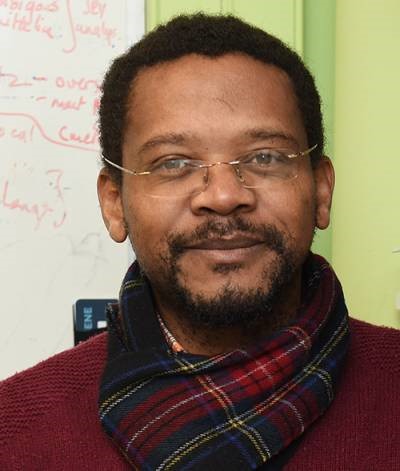Principal Investigator:
Scientific Description:
IFGeneRA OVERALL Component The Individual Findings in Genetics Research in Africa (IFGeneRA) H3Africa ELSI Collaborative Centre aims to progressively build an evidence base that forms the basis for context- and country specific development of policies relating to the return of individual genetic research results for African genomic research, and to act as an ethics resource for the H3Africa Consortium. We will a) collect empirical evidence from a wide range of stakeholders in both rural and urban settings in three African countries, b) combine methodologies from genetic counselling, social science, anthropology, bioinformatics, health economics and normative ethical analysis to progressively develop this evidence base, and c) test the wider acceptability and applicability of findings we generate in a continental survey that will be administered to relevant stakeholders throughout Africa. In Project 1, we will retrospectively investigate the effect of a genetic diagnosis on the lives of families affected by Fragile X in rural Cameroon. In that project, we will also explore the relation between traditional and modern genetic knowledge, and develop a video documentary about our study as part of our community engagement activities. In Project 2, we will conduct a prospective study to explore the expectations and preferences for feedback of individual genetic research findings in a cohort of healthy controls and patients involved in genomics research in Gaborone, Botswana and Cape Town, South Africa. The study involves (parents or guardians of) children and adults enrolled in genomics research projects focusing on HIV/AIDS, neurodevelopmental conditions and psychotic disorders. In that project, we will also conduct in-depth interviews with people involved in developing, implementing and applying ethical standards and policies for return of individual study results in genomics research in Botswana and South Africa. We will use drama as a means to discuss ethical aspects of our work with community members involved in our research. In Project 3, we will focus on exploring practical and normative considerations relating to decisions to feedback findings in African Genomics Research. Step 1 will combine methods from medical genetics, bioinformatics and health economics to generate practical insight into the scope of the feedback of findings discussion in Africa. In Step 2 we will conduct a normative ethical analysis of ethics literature describing obligations to (not) feedback individual genetic findings for researchers based in low- and middle income African countries. In Step 3 we will draw on the findings from all stages of the three projects to develop an online continental survey exploring wider approaches to practical and ethical considerations relating to the feedback of individual genetic research results.


